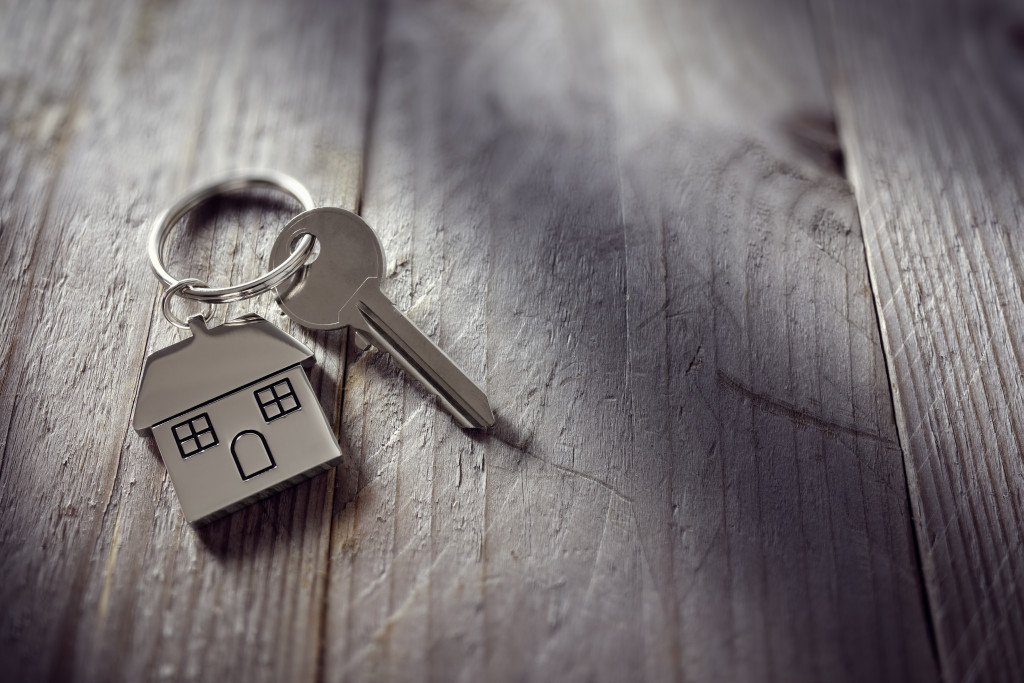If you’re a landlord or property owner, you likely want to optimize the return on your investment (ROI) for your rental property. Luckily, there are several ways you can do this.
1. Install an Air Source Heat Pump
When you use a heat pump to regulate the temperature on your property, you save money on your energy bills and help the earth. That’s because these heat and cool your property while lessening your carbon footprint.
Start by choosing the right location for your pump. The location of your heat pump is important because it will determine how well the unit works. You must choose a spot with good sun exposure and enough space for the unit. You must also check if the location is within reach of an electrical outlet.
When installing an air source heat pump, ensure you do it according to the manufacturer’s instructions, so you don’t damage the unit. Once you’ve installed it, it’s also necessary to monitor your energy usage so that you can make changes as needed. This will help you keep your energy costs down while providing a comfortable environment for your tenants or guests.
2. Minimize Vacancies
Having vacant units not only means you’re losing out on rental income, but it also means you have additional costs associated with marketing and showing the unit. As such, the best way to optimize ROI is to keep your units occupied as much as possible. To do this, provide potential tenants with all the information they need upfront so they can make a decision quickly. Make it easy for them to contact you with questions or concerns and respond promptly.
Also, implementing a strict screening process can help in minimizing vacancies. This means running a credit check, criminal background check, and checking references. By taking the time to screen tenants upfront, you can avoid dealing with eviction down the road. Not to mention, screened tenants are more likely to pay rent on time and take care of your property.
In addition, offering incentives can help minimize vacancies. For example, you could offer a free month’s rent or a waived security deposit if a tenant signs a lease for 12 months or longer. Or, you could offer a discount on rent if a tenant agrees to do their own marketing by referrals or online reviews. Whatever incentive you choose, make sure it’s something that will actually entice tenants to sign a lease.
Finally, once tenants move in, do everything you can to keep them engaged and happy.

3. Do Preventative Maintenance
Ensure you maintain your property regularly so small problems do not become larger. For example, you could conduct routine inspections of your units and common areas and make any necessary repairs promptly. You could also regularly change the filters on your HVAC system. Or check your gutters and downspouts to make sure they are clear of debris so they can function properly.
The main benefit of preventative maintenance is that it can save money by avoiding costly repairs down the road. In addition, preventative maintenance will also help extend the life of your property’s systems and components. This means you will not have to replace them as often, saving you effort in the long run.
Another benefit of preventative maintenance is that it helps to keep your tenants happy. If your tenants feel like you are taking good care of the property, they are more likely to renew their lease when it expires. This will help to increase your profits over time.
4. Review Your Rent and Increase it Gradually
Keep tabs on rental rates in your area to ensure you’re charging a competitive price. If your rental rates are too high, you may have trouble finding tenants. But if they’re too low, you could be leaving money on the table. Periodically review rental rates for similar properties in your area so you can adjust yours as needed.
And when it comes time to raise rents, do so gradually rather than increasing them all at once by a large amount. Tenants are more likely to accept small annual increases than they are sudden jumps in rent payments. By raising rents gradually over time, you can minimize vacancies and maximize profits without pricing yourself out of the market or angering your tenants.
Renting properties can be a great way to make money, but you must do everything possible to keep your profits up. By following these tips, you can help ensure you’re getting the most out of your investment property and maximizing your returns.







